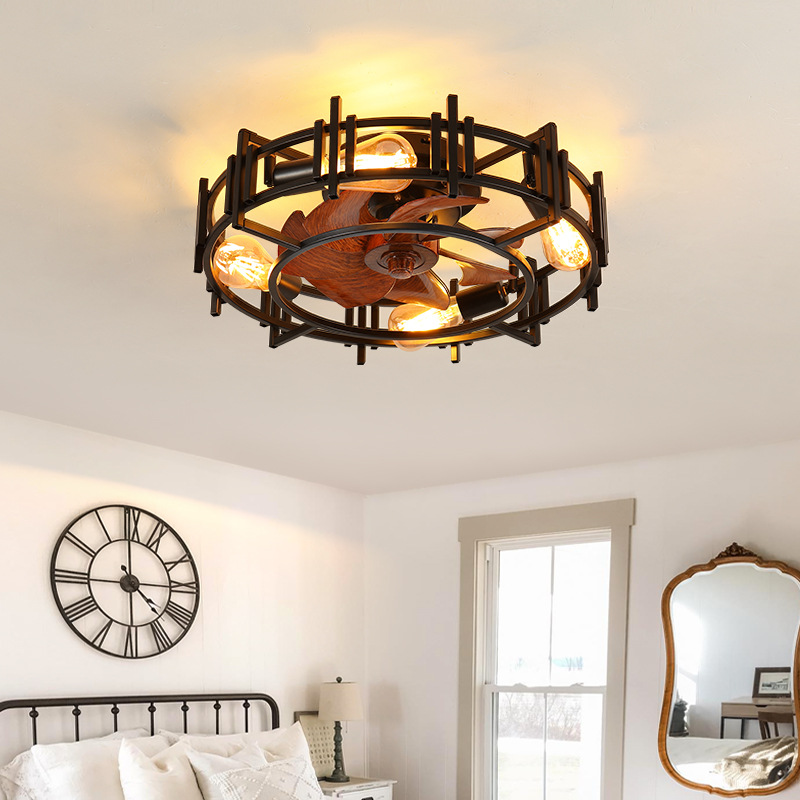In response to growing environmental concerns and consumer demand for sustainable products, LED ceiling fan light manufacturers are embracing green logistics initiatives as part of their overall strategy for sustainable development. By prioritizing eco-friendly practices throughout the supply chain, these companies are reducing their carbon footprint, conserving resources, and enhancing their reputation as environmentally responsible businesses.

One of the primary focuses of green logistics initiatives in the LED ceiling fan light industry is the optimization of transportation routes and modes. By consolidating shipments, using more fuel-efficient vehicles, and maximizing the use of rail and sea transport where feasible, manufacturers can significantly reduce emissions associated with product distribution. Additionally, implementing last-mile delivery solutions such as electric vehicles or bicycle couriers further minimizes the environmental impact of transportation.
Another key aspect of green logistics is the adoption of renewable energy sources in warehouse operations and manufacturing facilities. By investing in solar panels, wind turbines, or other renewable energy technologies, manufacturers can reduce reliance on fossil fuels and decrease their greenhouse gas emissions. Energy-efficient lighting and HVAC systems, coupled with smart building management systems, further contribute to energy savings and environmental sustainability.
Furthermore, LED ceiling fan light manufacturers are actively pursuing initiatives to reduce waste and promote recycling throughout the product lifecycle. This includes designing products for disassembly and recycling, implementing closed-loop supply chains, and partnering with recycling facilities to ensure responsible disposal of end-of-life products and packaging materials. By adopting a circular economy approach, companies can minimize waste generation and conserve valuable resources.
Collaboration with suppliers and other stakeholders is also instrumental in driving green logistics initiatives. By engaging with suppliers to source materials from sustainable and ethically responsible sources, manufacturers can ensure that their products meet rigorous environmental standards. Additionally, partnering with logistics providers that share a commitment to sustainability enables companies to align their transportation and distribution activities with their environmental goals.
Moreover, green logistics initiatives offer tangible business benefits beyond environmental sustainability. By reducing energy consumption, minimizing waste, and optimizing transportation, manufacturers can achieve significant cost savings over the long term. Additionally, companies that demonstrate a commitment to sustainability are more attractive to environmentally conscious consumers, leading to increased brand loyalty and market share.
In summary, green logistics initiatives are integral to the sustainable development strategies of LED ceiling fan light manufacturers. By embracing eco-friendly practices throughout the supply chain, these companies are reducing their environmental impact, conserving resources, and enhancing their competitiveness in the market. As the industry continues to prioritize sustainability, green logistics will play an increasingly important role in shaping the future of LED lighting.